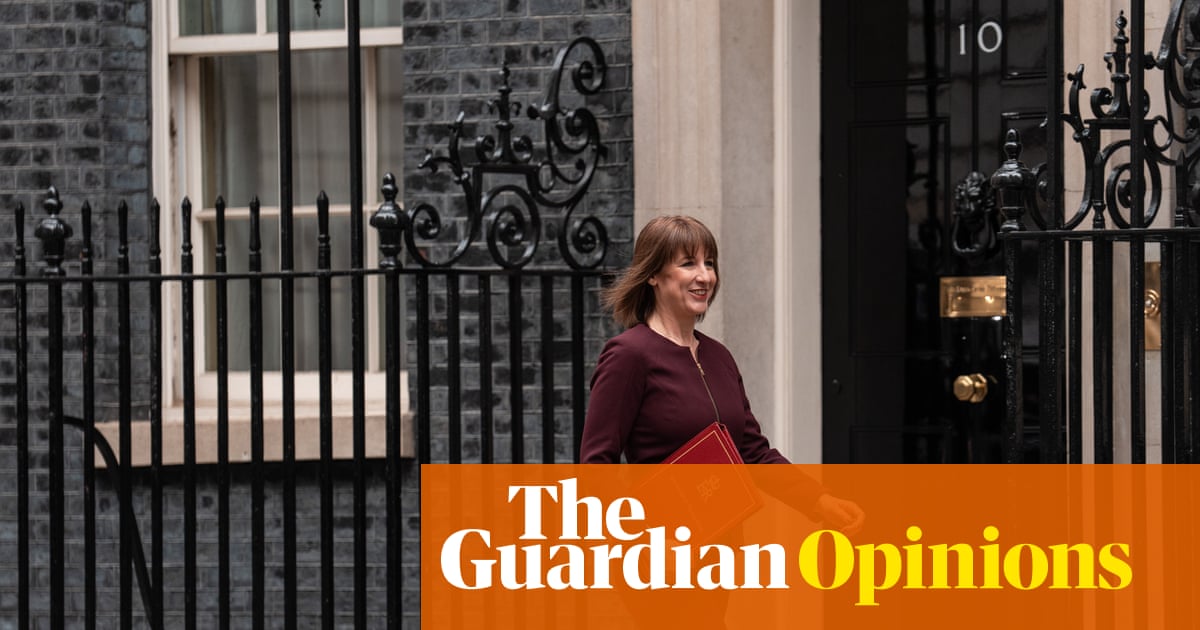
"The International Monetary Fund warns that inflation will be higher in the UK than in any other major advanced economy including in the US, where Donald Trump's tariffs are driving up costs for American consumers. This while GDP growth per head crawls at 0.4%, the weakest of any major economy. Real wages have stagnated for 11 months. Meanwhile, official figures show that unemployment has climbed to 4.8%, the highest since spring 2021."
"The Joseph Rowntree Foundation (JRF) projects that by 2029 average disposable incomes will be 570 lower than today, a fall of 1.3% the sharpest drop in living standards since records began in 1961. This isn't a simple case of prices getting ahead of demand. What Britain faces is profit inflation: prices are rising while wages stand still. As Lord Keynes noted, this is a transfer from labour to capital an increase in mark-ups, not in productivity."
"The Treasury takes the opposite view. Despite the evidence, it thinks total spending is about right to buy all the goods and services that the economy could produce at full employment. It sees inflation as evidence of overheating because of wage stickiness and rising import costs. This reasoning has become increasingly difficult to sustain. In August the Bank of England broke ranks to say that the lack of jobs was partly down to a weakness in underlying demand."
The IMF forecasts UK inflation will exceed that of any other major advanced economy, while GDP per head growth is 0.4%. Real wages have stagnated for 11 months and unemployment has risen to 4.8%. The Joseph Rowntree Foundation projects average disposable incomes will fall by £570 (–1.3%) by 2029, the sharpest drop since 1961. Price increases are driven by higher corporate mark-ups rather than productivity, transferring income from labour to capital. The Treasury attributes inflation to overheating and import costs, while the Bank of England links weak demand to job shortages. Household saving at 11% and falling consumer confidence signal caution. Targeted fiscal expansion is recommended to offset the trade gap and protect households.
Read at www.theguardian.com
Unable to calculate read time
Collection
[
|
...
]